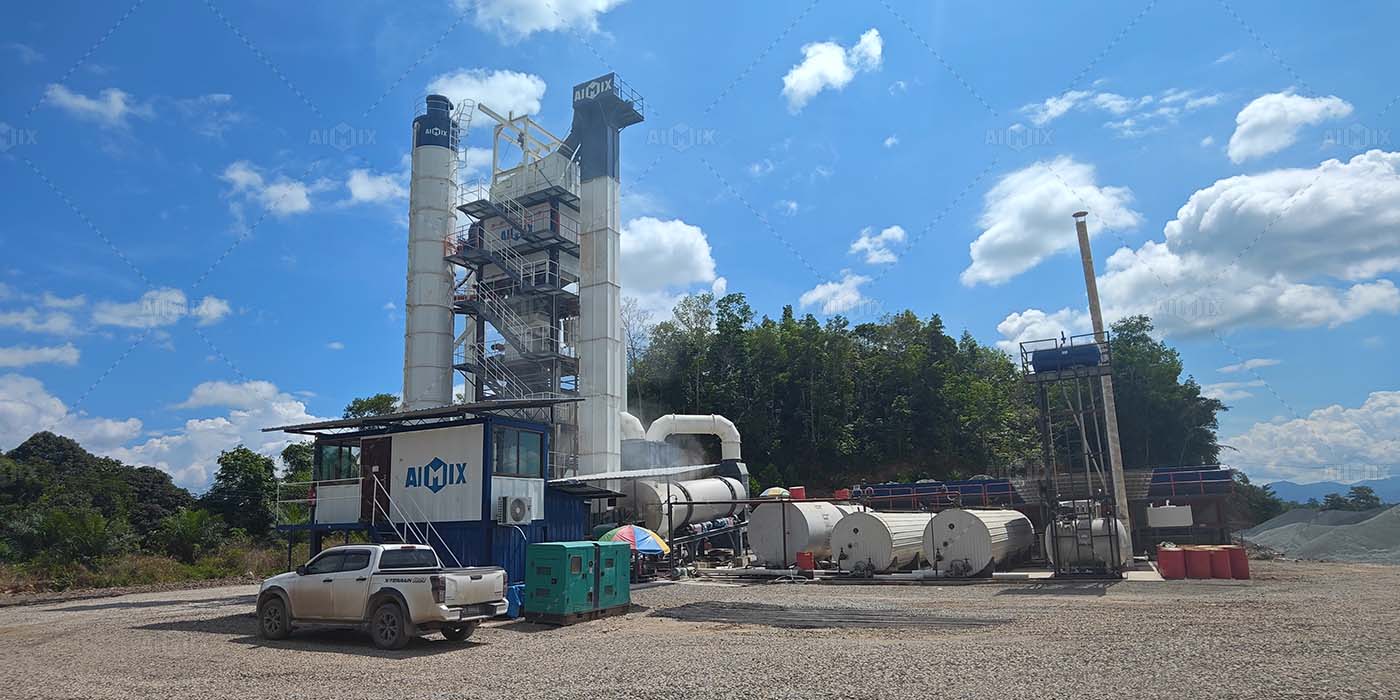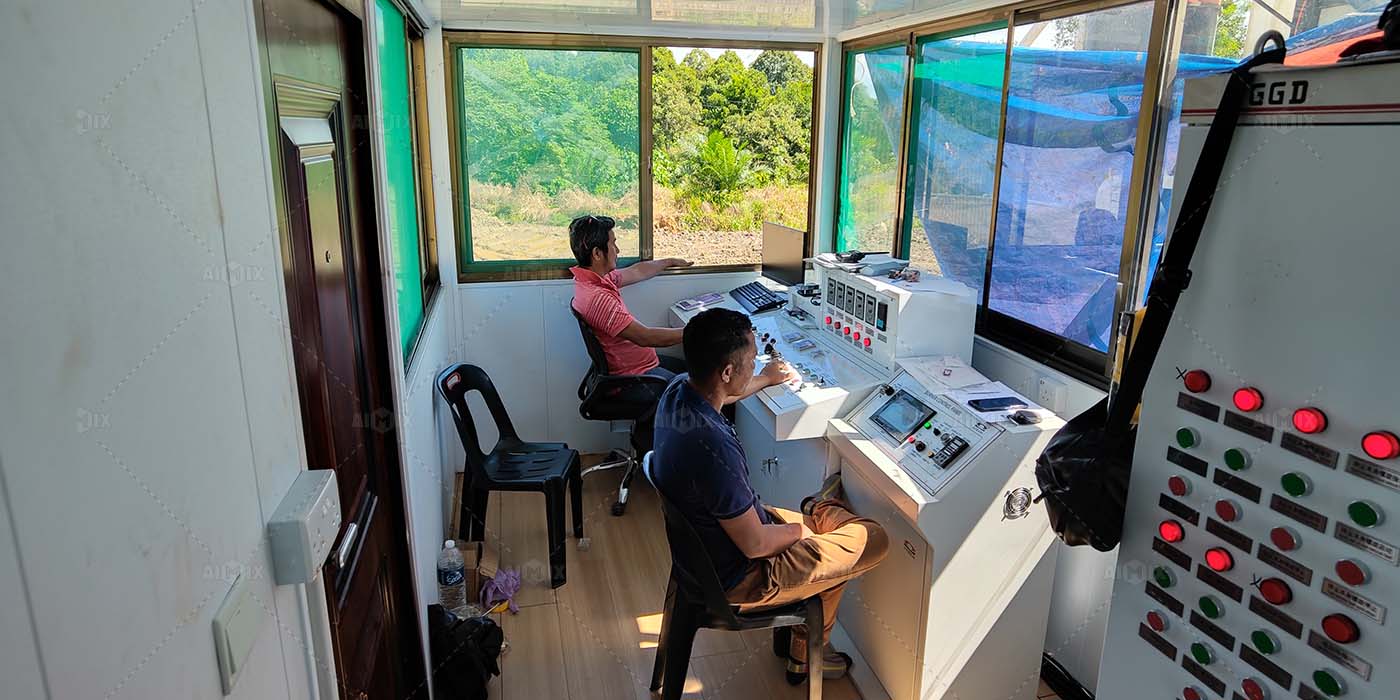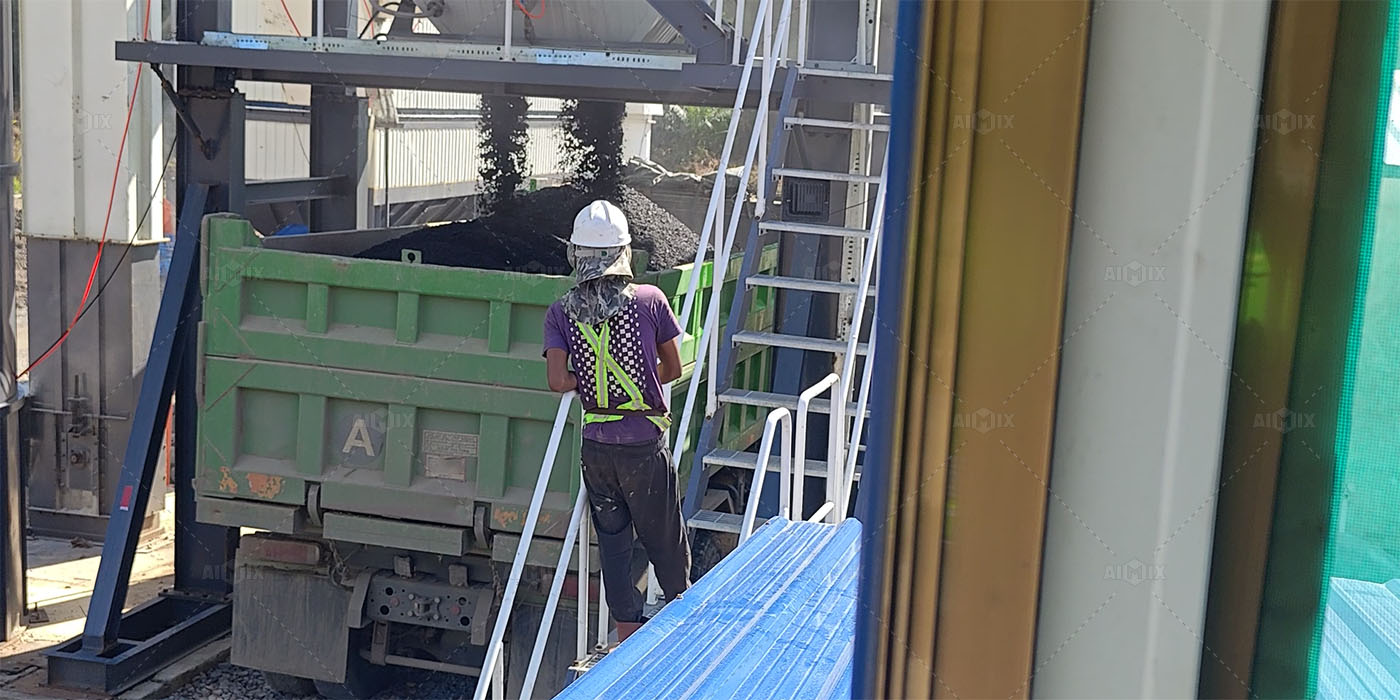When you run a contracting business that supplies asphalt mix to local road projects, the right plant capacity can determine whether your operations stay profitable or struggle to meet demand. Many regional contractors start small and later face a dilemma — the orders grow, but their current plant can’t keep up. On the other hand, over-investing in an asphalt plant with excessive capacity can tie up capital and increase operating costs. So, what daily asphalt production capacity truly fits a regional supplier’s needs? Let’s explore this step by step from a practical business perspective.

Understanding Daily Asphalt Demand in Regional Projects
The first step is to understand your actual daily demand. Most regional contractors in areas serving city or district-level projects typically supply asphalt for road repair, small highway sections, or municipal works. These projects usually require between 300 to 800 tons of asphalt per day. For example, if a contractor serves multiple clients simultaneously — one for road patching and another for small-scale pavement — the combined daily output often reaches around 500–700 tons.
However, the situation changes when projects are seasonal or spread across multiple regions. In these cases, flexibility becomes more important than absolute volume. Having a mobile or modular asphalt plant that can produce 80–120 tons per hour gives you the freedom to relocate and meet various contract needs efficiently.
How to Match Plant Capacity with Business Strategy
Once you know your average demand, the next step is aligning it with your long-term business plan. The goal isn’t only to meet current contracts but also to stay ready for future growth. If your company aims to expand from regional projects to inter-city highways, an asphalt batch plant for sale with a daily capacity of 1,000–1,500 tons can support medium-scale production without major upgrades in the near future.
On the other hand, contractors who mainly produce mix for resale within local areas — such as to nearby construction teams or small municipalities — often find that a plant with 500–700 tons of daily capacity offers the best cost-performance balance. It’s efficient enough to handle several projects while keeping maintenance and fuel consumption at a manageable level.

Balancing Production Efficiency and Operating Cost
Asphalt production isn’t only about output; it’s about efficiency and stability. A plant that runs at 70–80% of its maximum capacity typically delivers better fuel efficiency, longer component lifespan, and more consistent asphalt quality. Operating at full load every day, in contrast, can cause higher wear on the dryer drum, mixer blades, and burner system.
Therefore, when choosing the right capacity, consider your regular workload rather than the peak volume during the busiest season. Running at a moderate load ensures a smoother operation, fewer breakdowns, and more predictable costs.
Mobile vs. Stationary Plants: Flexibility vs. Volume
Capacity isn’t only defined by output numbers — mobility also matters. Regional contractors often face varying project locations, and this makes mobile asphalt mixing plants a smart choice. A mobile asphalt plant with 60–120 TPH (tons per hour) capacity can easily relocate from one site to another, saving transportation costs and setup time. This flexibility helps contractors expand coverage without building multiple fixed facilities.
In contrast, stationary asphalt plants are ideal for companies that own a fixed production base and supply asphalt to multiple buyers from one hub. These plants can reach 150–240 TPH and are more suitable for stable, long-term production. Choosing between these two depends on whether your strategy prioritizes mobility or volume.

Considering Raw Material Supply and Logistics
Even the best plant capacity won’t perform well if your raw material supply is unstable. Aggregates, bitumen, and filler materials must arrive on time to sustain continuous production. Before deciding on plant size, evaluate your local logistics: how far are the aggregate quarries? How reliable is your bitumen supply? A well-balanced plant capacity should match not only your market demand but also your supply chain capability.
Practical Capacity Recommendations for Regional Contractors
Here’s a simple reference based on real-world experience:
- Small regional suppliers (200–400 tons/day): Choose a 40–60 TPH mobile asphalt plant. Ideal for local patching, village roads, or municipal projects.
- Medium regional suppliers (500–800 tons/day): A 60–100 TPH plant offers a strong balance between mobility and output.
- Large regional suppliers (1,000–1,500 tons/day): Go for a 120–160 TPH stationary plant to ensure high productivity and consistent quality for continuous contracts.
Of course, these figures should be adjusted according to your available workforce, land space, and transportation network. But this range serves as a good starting point for evaluating what “ideal” really means in your business context.

Why Choosing the Right Capacity Matters
Choosing the right capacity doesn’t just impact your profits — it affects your market reputation. Contractors who consistently deliver on time and maintain asphalt quality quickly build trust with government agencies and private clients. A well-chosen plant capacity lets you schedule production more accurately, reduce fuel waste, and manage costs more effectively. In short, it strengthens both your competitiveness and your credibility.
Partner with a Reliable Asphalt Plant Supplier
If you’re considering upgrading or investing in an asphalt plant to match your regional business goals, we, as an excellent asphalt plant supplier, can help you evaluate the right capacity based on your actual project scale, delivery range, and material supply conditions. Our asphalt plants are designed with flexible configurations — from compact mobile units to large continuous mixing plants — all optimized for stable performance and fuel efficiency.
Ready to choose the right plant for your regional asphalt supply business? Contact me today to get personalized advice and solutions that match your daily production targets and long-term growth plan.